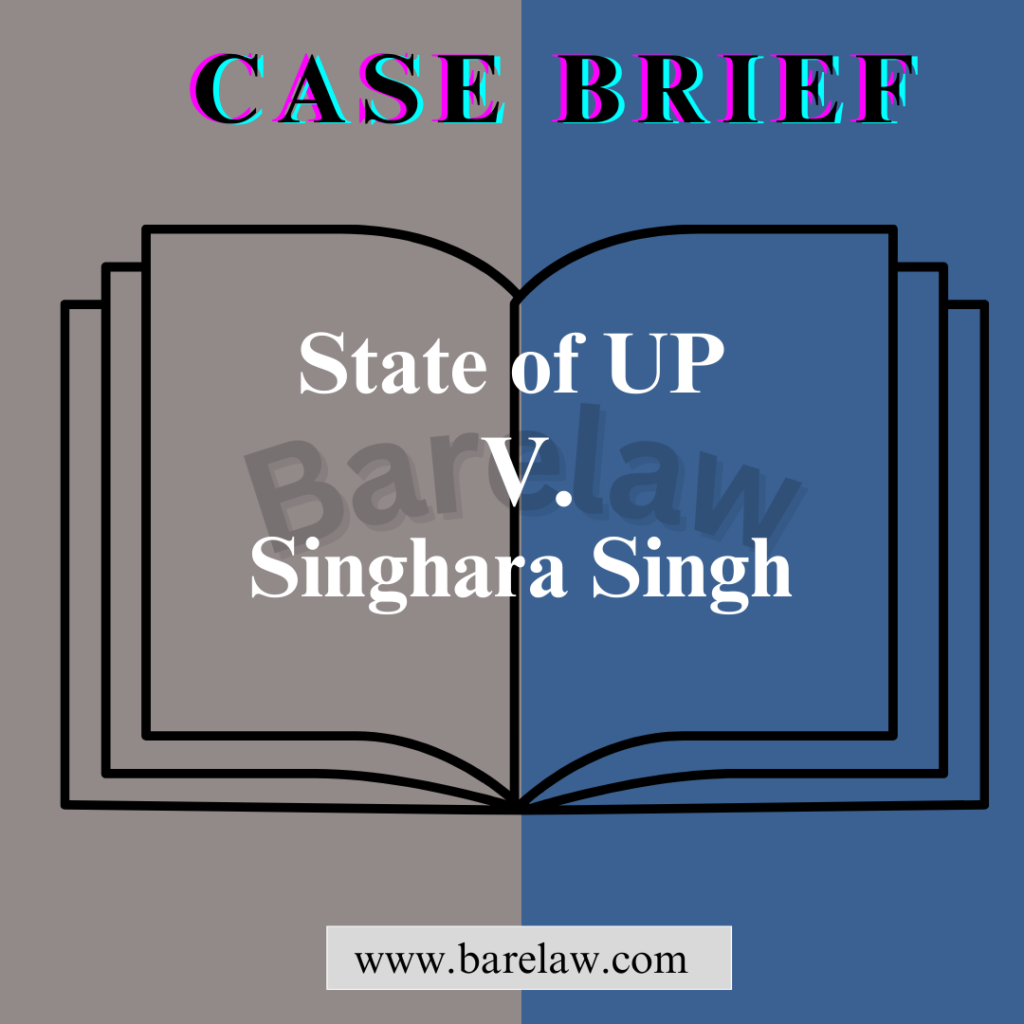
Table of Contents
Section 164: Prohibition of Magistrate’s Oral Evidence in Confessions
Section 164: Prohibition of Magistrate’s Oral Evidence in Confessions
Section 164 of the Indian Penal Code (IPC) plays a crucial role in the criminal justice system of India. This section deals with the recording of confessions and statements made to a magistrate. One of the essential aspects of this provision, often overlooked, is the implicit prohibition it imposes on magistrates from giving oral evidence of the confessions made to them. In this article, we will delve into the significance of Section 164, its implications, and the reasons behind the prohibition of oral evidence by magistrates.
Understanding Section 164
Section 164 of the Criminal Procedure Code (CrPC) empowers a magistrate to record the confessions and statements of an accused person during the course of an investigation. This recording is done in a judicial setting, typically within the magistrate’s chamber or a designated place. The provision is intended to ensure transparency and fairness in the judicial process while safeguarding the rights of the accused.
The key elements of Section 164 can be summarized as follows:
- Recording of Statements: The magistrate is authorized to record the statements and confessions of the accused, which can be used as evidence during the trial.
- Voluntariness: The statement or confession must be made voluntarily, without any coercion, inducement, or threat.
- Admissibility: The recorded statement or confession can be used as evidence against the accused during the trial, subject to certain conditions.
Prohibition of Oral Evidence
While Section 164 explicitly deals with the recording of statements and confessions, it does not expressly state that magistrates are prohibited from giving oral evidence of these confessions. However, legal experts and judicial authorities have interpreted this prohibition by necessary implication.
Rationale Behind the Prohibition
The prohibition of magistrates giving oral evidence of confessions is rooted in several fundamental principles of criminal jurisprudence:
- Safeguarding Voluntariness: One of the primary reasons behind the prohibition is to ensure that confessions are obtained voluntarily. If magistrates were allowed to give oral evidence of confessions, it could lead to potential abuses and disputes regarding the circumstances under which the confession was made.
- Avoiding Coercion: Allowing magistrates to testify orally about confessions might create an environment where the accused feels pressured to confess. Knowing that the magistrate can later testify against them could lead to coerced confessions.
- Preserving Fairness: The prohibition upholds the principles of fairness and impartiality in the judicial process. It prevents any bias that might arise if a magistrate testifies against the accused based on a confession made in their presence.
- Maintaining Confidentiality: The confidentiality of statements made to a magistrate is essential for the trust and credibility of the criminal justice system. Allowing oral evidence of confessions could breach this confidentiality.
Legal Precedents
The prohibition on magistrates giving oral evidence of confessions has been reinforced by various legal precedents in India. Courts have consistently held that Section 164, by necessary implication, prohibits magistrates from testifying orally about confessions.
One landmark case that emphasized this prohibition is the State of UP v. Singhara Singh. In this case, the court reaffirmed the principle that magistrates should not give oral evidence of confessions obtained under Section 164. This decision was based on the rationale that allowing such evidence could jeopardize the voluntariness and fairness of the confession process.
Challenges and Controversies
While the prohibition on magistrates giving oral evidence of confessions is well-established in Indian jurisprudence, it is not without its challenges and controversies. Some critics argue that this prohibition may hinder transparency and accountability in the justice system. They contend that it could potentially shield magistrates who obtain confessions through illegal means.
To address these concerns, it is essential to strike a balance between preserving the integrity of confessions and ensuring accountability in the actions of magistrates. One way to achieve this balance is through robust oversight mechanisms and strict adherence to the procedural safeguards outlined in Section 164.
Safeguards and Accountability
To mitigate the potential risks associated with the prohibition on magistrates giving oral evidence of confessions, the following safeguards and accountability measures are essential:
- Recording in Open Court: Whenever possible, the recording of confessions should take place in open court or in the presence of legal counsel to prevent any undue influence or coercion.
- Transparency: The process of recording confessions should be transparent, with a clear record of the proceedings maintained to ensure accountability.
- Review Mechanism: There should be an effective review mechanism in place to scrutinize the recorded confessions for any signs of coercion or irregularities.
- Access to Legal Counsel: Accused persons should have access to legal counsel during the confession recording process to protect their rights and interests.
- Training for Magistrates: Magistrates should receive adequate training on the ethical and legal aspects of recording confessions to ensure compliance with Section 164.
Conclusion
Section 164 of the Criminal Procedure Code is a critical component of the Indian criminal justice system, as it governs the recording of statements and confessions. The prohibition on magistrates giving oral evidence of these confessions, while not explicitly stated, is an essential safeguard to protect the voluntariness and fairness of the confession process.
While concerns about transparency and accountability are valid, it is crucial to strike a balance between these concerns and the need to uphold the principles of justice and fairness. Through stringent safeguards, oversight mechanisms, and adherence to legal procedures, the criminal justice system can maintain its integrity while ensuring that confessions obtained under Section 164 are both reliable and voluntary.





